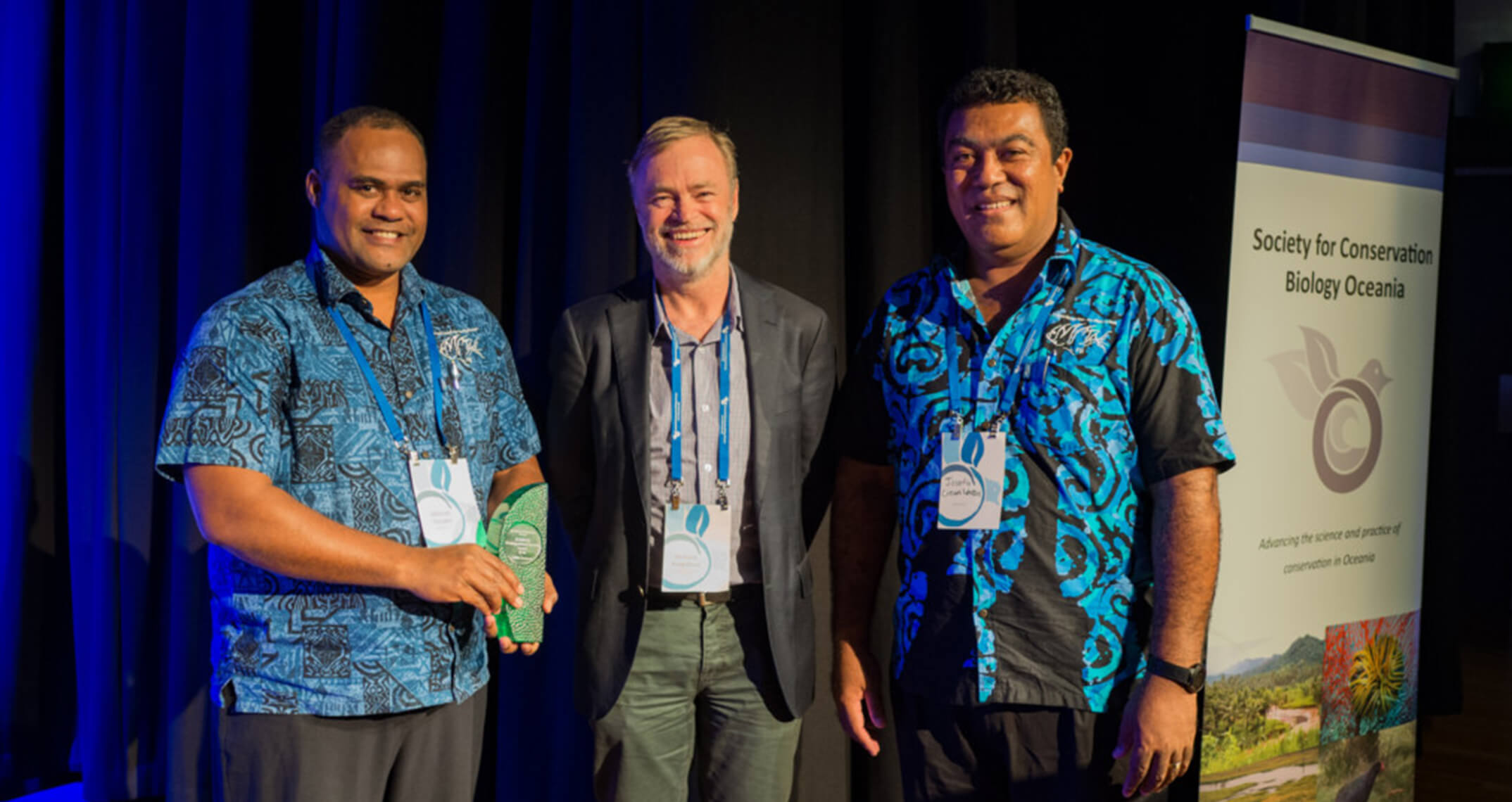The global COVID-19 pandemic is having a major impact across the globe and on all segments of the population.
The effects on Pacific Island countries and territories have been extremely varied: Some countries have had to manage viral infections while others are so far managing to keep the virus entirely from their shores.
In all cases the national responses have many potential implications for coastal communities, but these need better understanding if international and government responses are to be most effective and suit the circumstances of different villages and countries.
As a response, the Locally Managed Marine Area (LMMA) Network and partners, including WorldFish, the Wildlife Conservation Society (WCS) and Australian National Centre for Ocean Resources and Security (ANCORS), developed a survey tool to gain rapid insights into changes occurring in villages and their fisheries and LMMA is sharing the survey regionally to assist national responses.
The survey was designed to be easily administered over the telephone or social media and provide the most important feedback quickly. This was a proposed first step to inform other more elaborate surveys or emergency responses.
Initial impressions from the surveys report:
- There is net immigration to villages, which is placing pressure on food production, particularly agriculture, but also fishing
- Prices of store-bought food have increased in a significant proportion of villages and there are signs of potential challenges to food security
- Fisheries management is likely to come under increased pressure and should be reinforced if fisheries are to play a part in ensuring protein supplies
Please see related reports on the country-level efforts:
The survey is freely available to all and LMMA encourages you liaise with the LMMA Network to indicate that you would be undertaking the surveys. Organisations are encouraged to send in survey results, raw or summarised, and the LMMA Network will compile all information from the region. Feedback will be provided to partners for them to report to participating communities. Partners are also able to involve national fisheries authorities as appropriate in each country.
Please note this civil society and community focused survey is not limited to any specific organisations. Recipients are also free to send the survey on to their partners. However, information from local coastal communities is welcome only if the community and partner rights are respected according to your own ethics procedures and the LMMA Network’s Social Contract (Ethics Agreement).
The LMMA Network places community rights and recognition at the centre of all it does, and elements of “Our Promises to Each Other: the Social Contract” are included in the questionnaire.
The following principles from the Social Contract are key to undertake this work and apply to our relations with communities but also between each other, i.e. LMMA will only share information outside our group that the relevant partner has authorised;
- RIGHTS: Communities have the rights to information about themselves, which they possess or help generate.
- PERMISSION: To use information not previously in the public domain from any site or other partner, Free, Prior, and Informed Consent must be obtained from the project site communities or other rights-holder, in consultation with the relevant project organisation.
- RETURN OF INFORMATION: Results and communication products arising directly from the use of community information will be shared with the participating communities and other stakeholders in a timely and appropriate manner.
For more information, email teri@lmmanetwork.org.
See our Covid-19 Community Impacts Page for more information.




